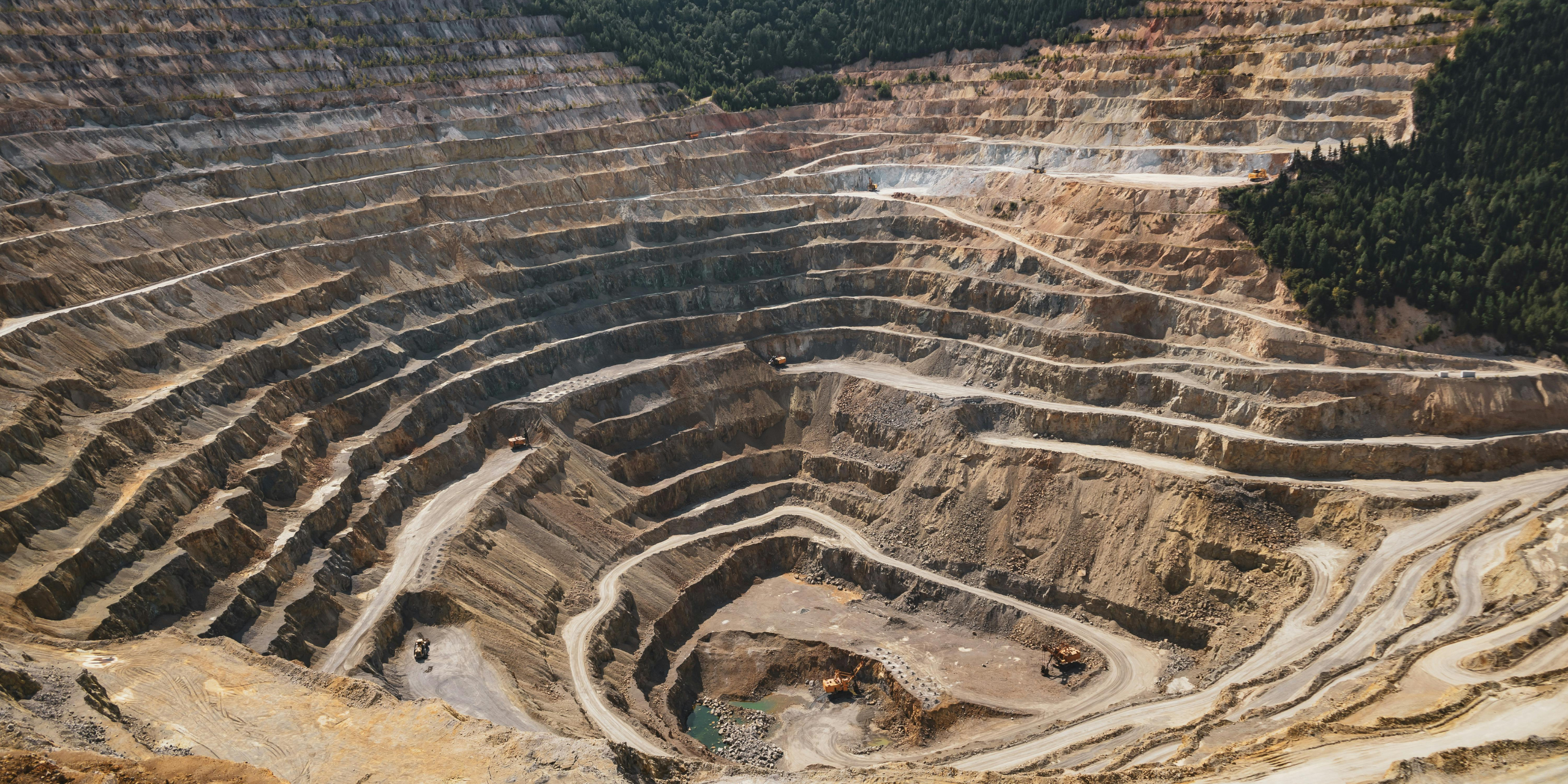
Don’t Let Congress Provide Another Handout to the Mining Industry
By Blaine Miller-McFeeley, Senior Legislative Representative
Fresh off the passage of Trump’s big, ugly budget bill in July, Congress is once again trying to pass a damaging bill that would put large amounts of our cherished public lands in the hands of the mining industry.
Both the U.S. Senate and the U.S. House of Representatives are considering the Mining Regulatory Clarity Act (MCRA), a piece of legislation that would reverse a hard-won court victory to protect public lands and make it easier for mining companies to stake virtually indefinite claims on public lands for millsite use. Here’s why the bill means bad news for the environment, public health, cultural resources, and our lands.
The MRCA further weakens an already insufficient law.
Domestic mining operations are governed by the Mining Law of 1872, which is extremely permissive. The law includes no environmental or community protections and doesn’t require mining companies to pay a royalty on minerals extracted from public lands. For over 150 years, it has cheated taxpayers of their fair share of mineral wealth and has poisoned communities, water resources, and precious ecosystems with toxic waste that generations of mining companies have failed to remedy.
However, the current law is not entirely without commonsense regulation. As it stands, mine operators must have a valid mineral claim to conduct operations on a parcel of public land. After receiving a permit, they cannot conduct operations on lands outside of the covered areas without obtaining additional permits.
This is completely rational; mining companies should operate within pre-established boundaries. But the MRCA could change that, codifying a regulation defining all activities related to mining claims under an expansive definition of ‘operations.’ This could allow mining companies to build other impactful infrastructure like power lines, roads, and pipelines across public lands without receiving a new permit — giving them license to destroy more of our lands with impunity.
The MRCA does nothing to remedy the lack of community and environmental protections in existing mining law.
While the bill goes to great lengths to resolve perceived regulatory slights to mining companies, it does nothing to resolve the lack of sensible safeguards for communities and the environment in the Mining Law of 1872. Over 150 years of dirty mining operations have left a toxic legacy across the American West. The Environmental Protection Agency estimates that 40 percent of Western headwaters and 50 percent of Western lakes are contaminated by mining operations, impacting everything from ecosystems to drinking water for Western communities. This toxic legacy is especially felt in Indigenous communities, where areas like Navajo Nation still grapple with increased rates of cancer, chronic illness, and birth defects resulting from reckless uranium mining. With mineral demand increasing, we need legislation that updates our mining laws and regulations to meet modern challenges. The MRCA keeps our mining laws stuck in the nineteenth century.
The MRCA allows mining companies to hold public lands hostage for mining use — regardless of other suitable uses.
To its supporters, MRCA’s main purpose is to provide mining companies with the ability to claim an essentially unlimited number of millsites on public land. Millsites are areas of mining operations where companies frequently dispose of toxic waste and build other infrastructure for mining operations. Under current law, mining companies can already file as many millsite claims as needed to support their operations.
In reality, MRCA establishes a new and broad right for mining companies to use public lands without the discretion of federal land management agencies, as long as it adheres to their approved plan of operations. Whereas the law previously required mine operators to get right-of-way permits for operations supporting a mine, they now have a right to use those lands from the beginning. In practice, this ties the hands of federal land management agencies to protect public grazing lands, wildlife habitat, sensitive watersheds, recreation, cultural resources, and even clean energy development.
The MRCA gives even more handouts to mining interests when they’re already receiving unprecedented subsidies from the Trump administration.
The mining industry doesn’t need more handouts. It’s already receiving plenty of support from the Trump administration and congressional Republicans. They’re taking a hatchet to bedrock environmental laws, clean air and water standards, endangered species protections, and the ability for everyday people to seek redress in the courts when industry violates the law. President Trump signed an executive order invoking emergency powers to increase mining and mineral processing for some minerals not even considered critical, like gold. The order calls for federal agencies to prioritize mining above all other uses of public lands, aims to allocate more funds and loans to mining projects, and accelerates permitting processes under the Defense Production Act. The big, ugly budget bill that was recently signed into law contains also over $363 billion in handouts and direct funds to mining companies.
Why is Congress trying to do more for an industry already flush with money, lax regulations, and incentives, especially while communities and our environment continue to pay the price? While minerals play an important role in our daily lives and are important components of our clean energy future, we shouldn’t rubber stamp more domestic mines without having proper regulations in place to protect communities and the environment. Congress should work toward reforming our mining laws and regulations to clean up this dirty industry instead of continuing to reward it.